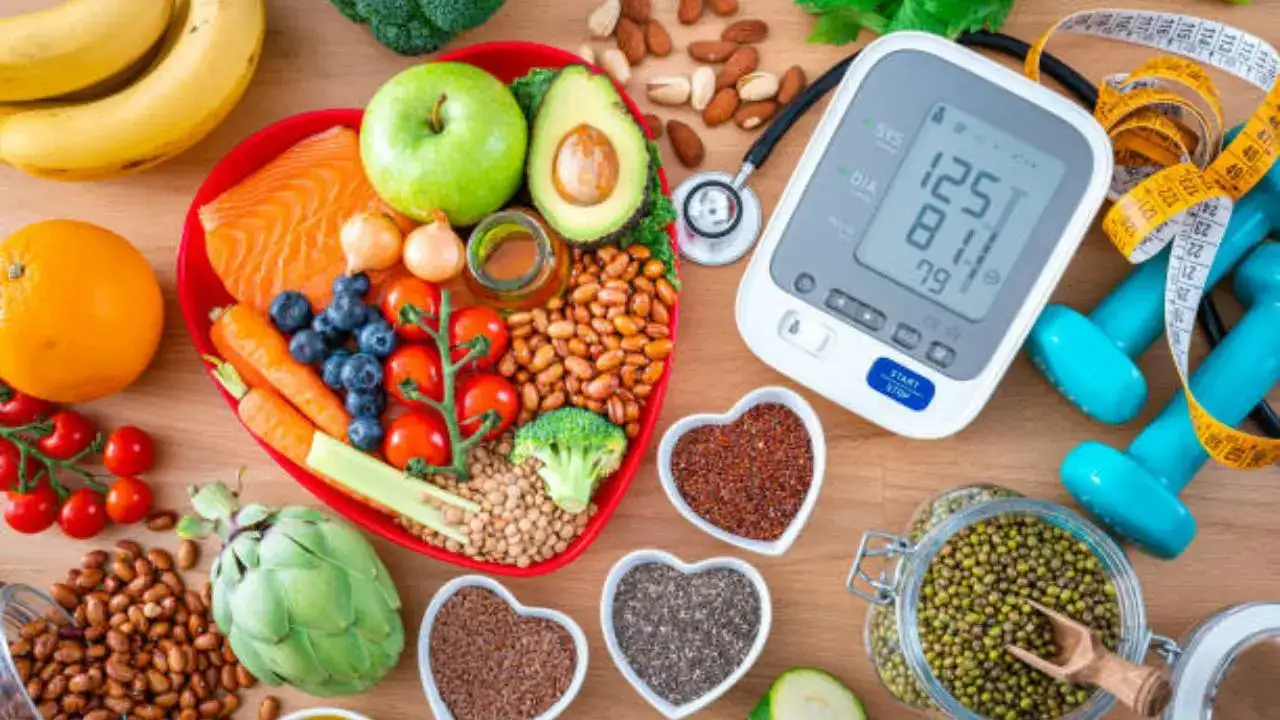
Yyou would need some diet adjustments to reduce the chances of another blocked artery
Once you have been treated for your heart issues and undergone an angioplasty, you need to take extra care during the recovery period. An angioplasty is done as a treatment for a heart attack, which involves the insertion of a balloon into a blocked artery around the heart. During this procedure, your doctor may insert a stent to help keep the artery open as well.
Doctors do angioplasty so that the same artery does not get blocked again. It also limits chest pain, which results from the blocked artery.
However, after the procedure, you need to take extra care and precaution so that your recovery is quick, without any side effects. According to experts, you would need some diet adjustments to reduce the chances of another blocked artery. Apart from that, you would also need to change your lifestyle and focus more on a heart-healthy diet to keep blood pressure and cholesterol levels regulated.
What is a heart-friendly diet?
According to experts, the DASH diet—which encourages eating more fruits, vegetables, and whole-grain foods while recommending limited intake of sweets and sodium—is one of the best ways to strengthen your heart. Studies say the DASH diet shows significant benefits to cardiovascular health.
DASH diet helps in long-term and sustainable weight loss along with reducing waist circumference, and lowering systolic and diastolic blood pressure
Also, you can follow the Mediterranean diet, which has an option of a plant-based approach and emphasises the use of virgin olive oil, fruits, vegetables, whole grains, nuts, and legumes. It helps regulate blood sugar levels and lower your body’s levels of cholesterol and triglycerides.
Foods to include in your daily meals after angioplasty
Even as you recover after your surgery, a few foods you must add to your family meals include:
Whole grains
Whole grains are packed with beta-glucan, which helps lower cholesterol from your digestive tract, preventing it from reaching your bloodstream. Eat lots of buckwheat, bulgur, and millet.
Fruits and vegetables
Fresh fruits and vegetables are an excellent source of potassium, vitamins, and protein—all of which are great for your heart health. They are also rich in antioxidants, which reduce the risk of stroke. Eating lots of bell peppers, tomatoes, carrots, and leafy green vegetables—all of which are sources of vitamins and carotenoids, a type of antioxidant—helps boost your overall health as well.
Fish
Fish packed with omega-3 fatty acids reduce the risk of abnormal heartbeats and decrease blood clots from forming.
Nuts and seeds
Nuts and seeds are high in energy and help lower your blood pressure levels, thereby helping you make a quick recovery. Walnuts, almonds, pumpkin seeds, and pistachios are super important for your heart health. Eating them regularly helps reduce LDL, or bad cholesterol.
Get Latest News Live on Times Now along with Breaking News and Top Headlines from Health and around the world.
